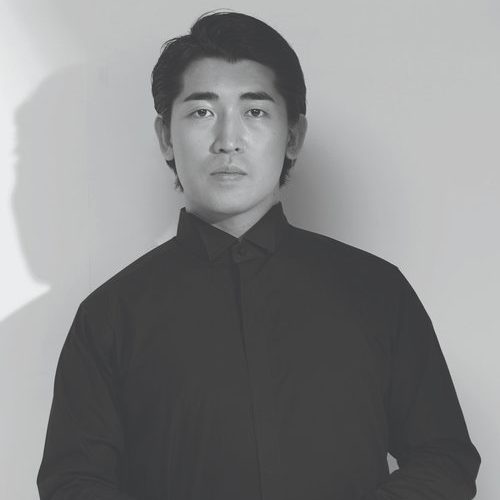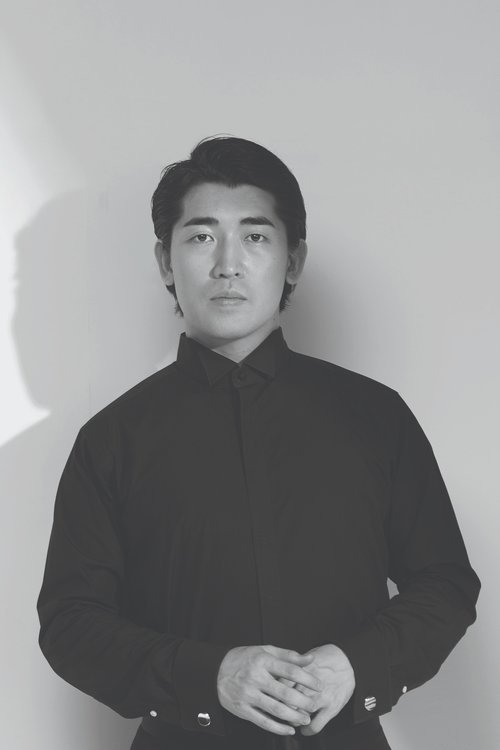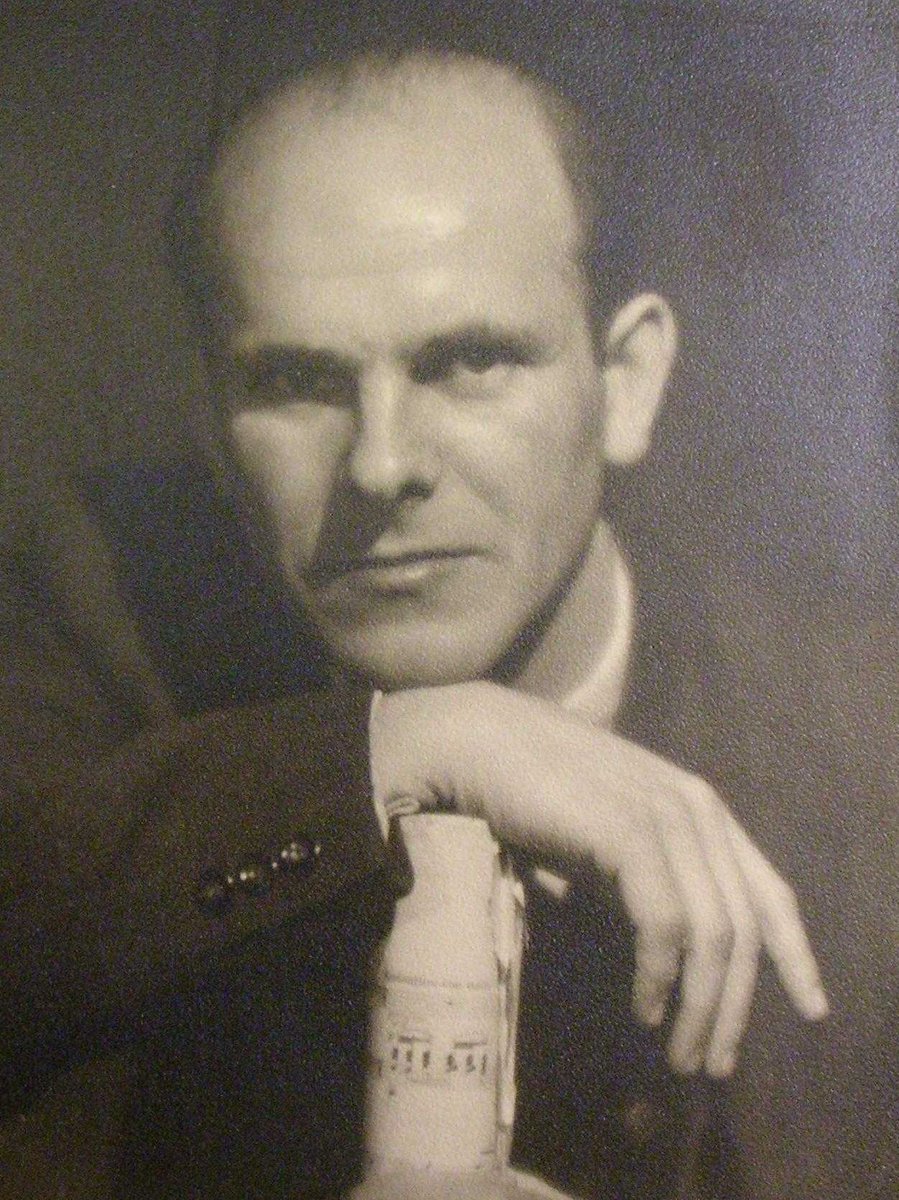US orchestra asks audience to choose next music director
mainThe Lexington Philharmonic in Kentucky has drawn up a shortlist of six candidates.
Now it is asking the public to vote.
The contenders are three women and three men.
Could this be the way it’s going?
Scan the voting list here.







A ticket sales pitch I think!
No, the audience is not asked to “choose” the next director. It is being asked to attend the candidate concerts and then submit comments and opinions to “help choose.” This is standard. It gives the community a chance to be involved (or to think they are involved), raises the public profile of the search, and is, on its own, a mild sort of “entertainment” that is attractive to local news media.
Several years ago I was president of the board of directors of a professional choir in the Northeast U.S. and oversaw the national search process for the artistic director. We certainly did invite the public to submit comments, and offered a brief survey to members of the audience at each of the finalist concerts. The info we gathered was interesting but did not actually affect the outcome of the search. On the other hand, we sought in-depth, detailed feedback from the ensemble musicians (detailed survey, conversations, and more), and weighed their assessments very heavily in the final decision. (And our choice turned out to be a good one!)
The audience will probably choose the one with the best choreography. I hope the rank and file orchestra members at least got to select the finalists. Otherwise, they may be stuck with a complete nincompoop.
It does seem like a bit of a ploy to get uninformed people excited about the prospect of choosing their next resident “celebrity.”
This headline is not accurate as far as I can read. The search committee will take feedback from the audience, which is totally different from putting the onus solely on the audience to choose the music director. The orchestra I play in did a search a couple of years ago and we did the same thing. It would be unconscionable to just have the audience choose, for many reasons.
It would be a HUGE mistake to ask the audience to vote or to even make them think that their vote somehow “counts” toward making a hiring decision. Real Info is quite correct – getting feedback is great, having the audience vote is not.
It’s not unusual, in the case of an open search like this, for audience input to be sought and considered by the search committee. That’s not the same thing as actually making the choice by audience vote. I agree this can be a great way to bring attention to the orchestra and ideally provide a springboard for whichever candidate eventually winds up with the job.
Having decided on this open competition approach, it’s hard to imagine how the Lexington Philharmonic could have improved on what is shown on their web page, with genders equally represented, similar programs, videos, and even the conductors’ websites there to compare. I wonder if Twitter handles were considered.
It will be interesting to see how many of the six are left waiting by the phone next May, and how many have been offered positions elsewhere or withdrawn their names for other reasons.
Men and women don’t have genders. We have sexes. Genders are for nouns ( and sometimes adjectives in Romance languages.). Are they auditioning language or conductors?
Thank you Patricia. I noticed there appear to be 3 men and 3 women being considered, an equal number of each sex. I also noticed that the first piece on each program appeared to be written by a woman, and that the last piece on each program written by a man.
Without having heard a note yet, I will wager that the audience vote will be for Thomas Heuser, at least in part in retaliation for a season – and a slate of music director candidates – which reek of political correctness.